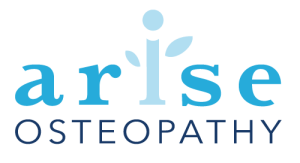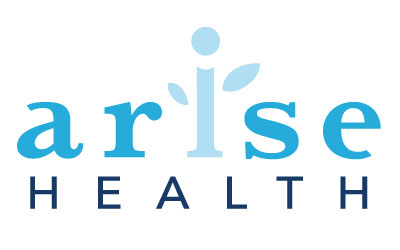Our last post outlined basic guidelines for safely exercising during pregnancy. Today, we’d like to give you a little motivation and discuss why exercising during pregnancy is well worth the effort.
Let’s start with the benefits for mum.
Exercise, pregnant or not, helps to control weight, improve muscle tone and maintain cardiovascular fitness. Exercise helps to modulate the endocrine (hormone) system, improving your mood, reducing symptoms of depression and helping you get a good night sleep.
That’s just the basics. For pregnant women exercise has a few added benefits. Exercise during pregnancy has been shown to reduce the risk of pre-eclampsia, hypertension and gestational diabetes. For those women with gestational diabetes, exercise reduces the likelihood of requiring insulin. Exercise can also prevent low back pain and urinary incontinence,(1) two problems that a lot more common than they should be.
Not enough to get you up and moving yet? Well here are the benefits for bub. Exercise during pregnancy reduces the risk of congenital abnormalities, normalises birth weight and, contrary to previous thinking, increases the incidence of full term delivery.
Now for the clincher. Some of the latest research delves into the effects that exercise during pregnancy has on your child, through adolescence and even into adulthood.
‘The developmental origins hypothesis states that the in utero environment influences, or programs, fetal organ development, which has implications for the infants after birth into adulthood.’ (2)
A number of studies suggest that the benefits to the child of exercising during pregnancy include lower weights, lower fat percentages, lower fetal heart rates and reduced risk of cardiovascular disease in adulthood. Other studies have demonstrated positive correlations between exercise in pregnancy and language development, coordination, balance, strength, speed, endurance and even higher IQ Scores.(3)
The bottom line is that adopting healthy lifestyle behaviours during pregnancy positively impact your child’s health and reduce their risk of developing chronic lifestyle diseases, such as obesity and diabetes later in life.
References
- http://www.ncbi.nlm.nih.gov/pubmed/23014142
- https://www.ncbi.nlm.nih.gov/pmc/articles/PMC5075987/
- https://www.ncbi.nlm.nih.gov/pmc/articles/PMC5075987/table/t1-cmwh-suppl.1-2016-085/



